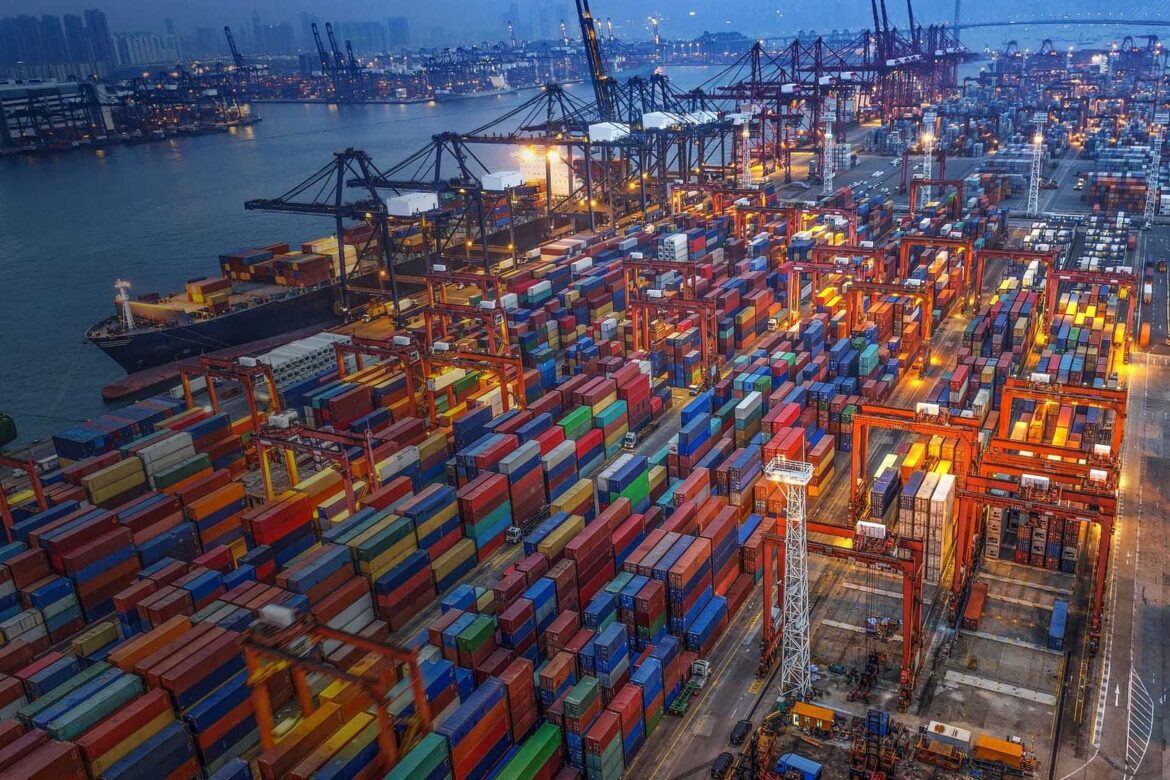Summary
Italian agricultural products such as olive oil and wine will not face new tariffs when imported to the U.S. due to negotiations between Washington and Rome after the WTO decision on the Boeing-Airbus controversy. The USTR has decided to spare these products from new tariffs, while continuing to review the tariff scheme every few months to ensure Italian agricultural excellence is not negatively impacted.
High-quality olive oil, as well as wine and several other typical and renowned products of Italian agriculture can be imported in the U.S. with no new tariffs applied by the United States Trade Representative (USTR).
We pressed to keep the agricultural Italian excellence out of the Airbus affair and our concern was met with thoughtful understanding.- Teresa Bellanova, Italian Minister of Agricultural Affairs
“The most relevant products of the Italian agriculture industry will not be subjected to new tariffs imposed by the U.S. Government on European products after the WTO decision on the Boeing-Airbus controversy,” the Italian minister of foreign affairs, Luigi Di Maio, confirmed just a few hours ago after the latest round of negotiations between Washington and Rome.
See Also:Latest News on Tariffs
No variations will be imposed in a tariff system that in the last few months already hit most European exports. While several typical cheeses produced and exported by Italy will still be subjected to those tariffs, twenty-five percent ad valorem, Italian olive oil, wine and pasta for at least the next few months will not.
The USTR is expected to look every few months at the tariffs imposed last October, so the February review had been at the center of many negotiation tables amid concerns by several European countries that they would be affected.
In this latest USTR note, the Representative explained that the United States is “increasing the additional duty rate imposed on aircraft imported from the E.U. to 15 percent from 10 percent, effective March 18, 2020, and making certain other minor modifications.” Those modifications are limited to the lifting of tariffs on European prune juice and imposing new tariffs on some French and German kitchen knives.
While U.S. trade officials warn that a future decision on tariffs could involve products that were not included in this last review, Italians appear confident their most relevant agricultural products will continue to be spared.
“In the many meetings we had with our American counterparts in the last few months,” said the Italian agriculture undersecretary Ivan Scalfarotto, “we had the chance to outline that Italy has no part in the Airbus consortium which is at the core of the WTO decision and that therefore our products should not be considered by Washington for the tariffs retaliation that the WTO decision made legal.”
USTR will review the actual tariff scheme next August. “Our most relevant agricultural products will not undergo irrecoverable damage,” said the Italian Minister of Agricultural Affairs Teresa Bellanova. “In the meeting, we had with the American secretary of Agriculture Sonny Perdue last January 30th in Rome, we pressed to keep the agricultural Italian excellence out of the Airbus affair and our concern was met with thoughtful understanding.”


Dining and Cooking